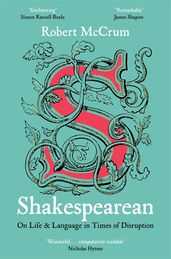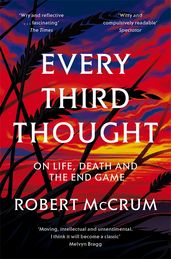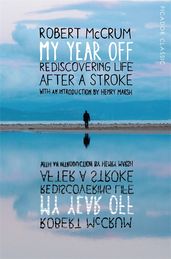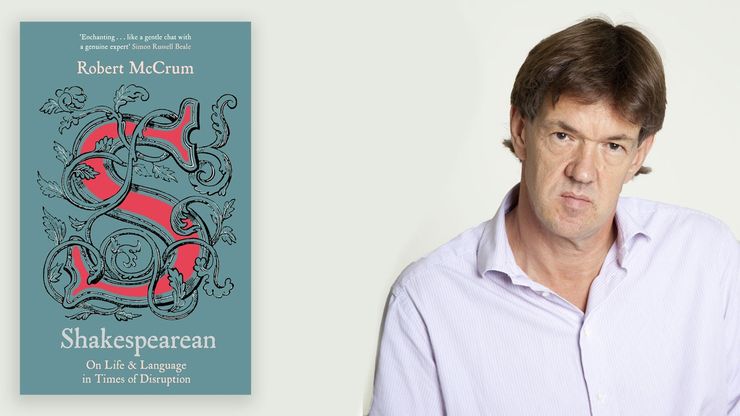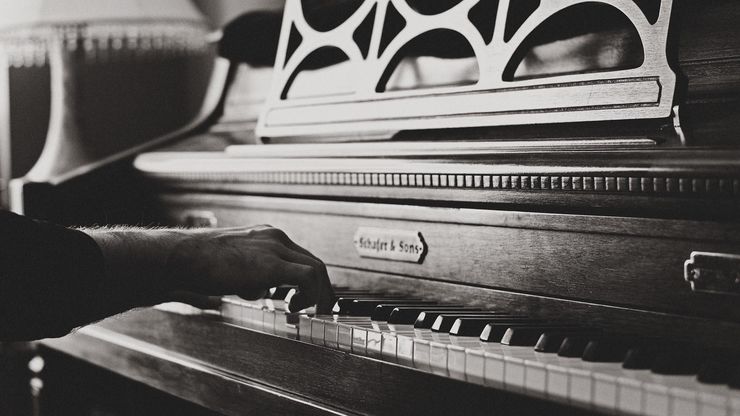Robert McCrum
Robert McCrum was born and educated in Cambridge. For nearly twenty years he was editor-in-chief of the publishers Faber & Faber, until he suffered a severe stroke, the subject of his acclaimed memoir, My Year Off. From 1996 to 2009 he was literary editor of the Observer and associate editor until 2018. He is also the author of Shakespearean; Every Third Thought; Wodehouse: A Life; six novels; and the co-author of the international bestseller The Story of English.
Books by Robert McCrum
Series by Robert McCrum
